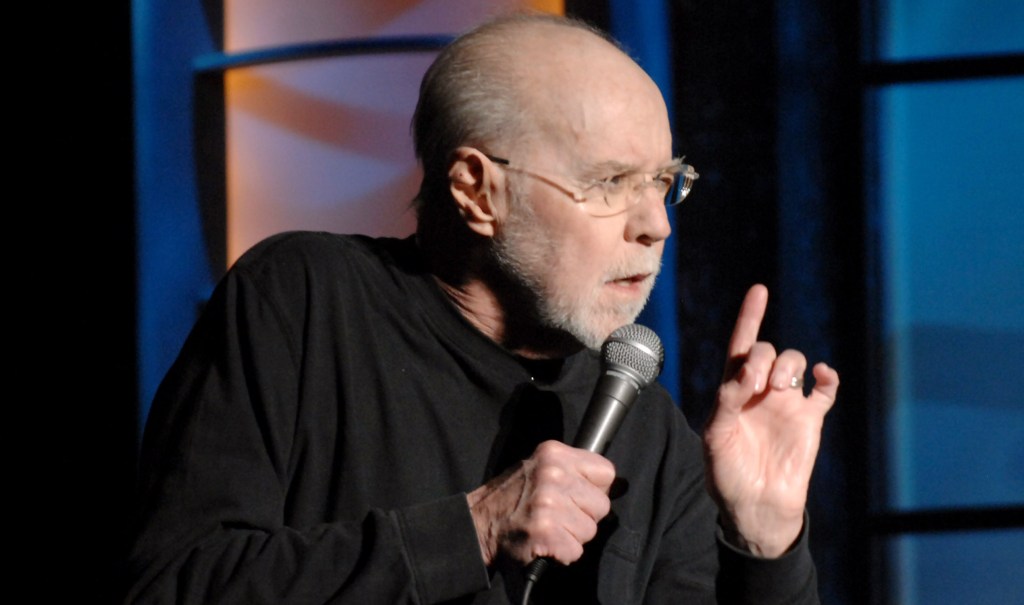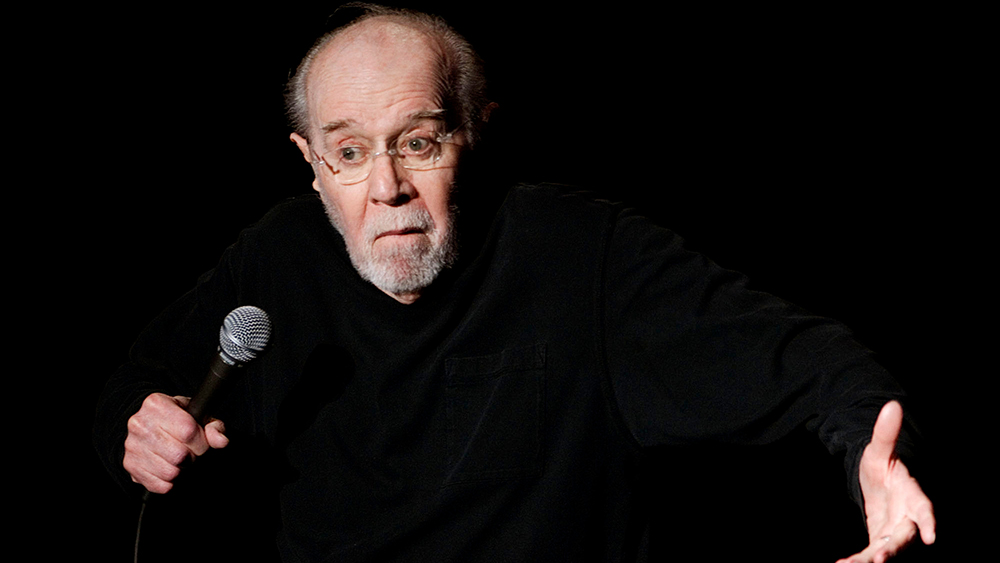The iconic George Carlin compiled a list of seven words prohibited on television over 50 years ago. Recently, legal action was taken by the estate of the legendary comedian in a federal court in California. The lawsuit alleges that creators of an AI-generated content imitating Carlin’s style have infringed on trademarks, describing the production as a distortion of Carlin’s original work.
The lawsuit targets radio hosts Will Sasso and Chad Kultgen, along with unidentified individuals, for their creation and promotion of the AI-generated “George Carlin Special.” The filing claims that this production, labeled as the “Dudesy Special,” tarnishes Carlin’s legacy and devalues his comedic contributions by leveraging his name and persona without authorization.
The AI-generated special, lasting over an hour and released digitally on YouTube, attempts to emulate Carlin’s voice and delivery while discussing contemporary topics such as Reality TV, Trump, and AI itself. Despite efforts to avoid direct copyright infringement by mimicking Carlin’s style, the lawsuit asserts that the production misrepresents Carlin’s artistry and lacks originality and humor.
Kelly Carlin, the comedian’s daughter and a significant stakeholder in his estate, criticized the AI-generated content for attempting to replicate her father’s unique creativity using artificial means. She emphasized that George Carlin’s comedic brilliance stemmed from his human intellect and imagination, qualities that cannot be replicated by machines.
The legal action seeks to hold the defendants accountable for appropriating Carlin’s legacy and introducing unauthorized content into his body of work. The lawsuit underscores the ethical and legal implications of AI-generated content creation, especially concerning renowned figures like George Carlin.
In summary, the lawsuit filed by George Carlin’s estate raises concerns about the unauthorized use of his likeness and artistic style in AI-generated content, highlighting the need to protect the integrity of creative works from exploitation and misrepresentation.






